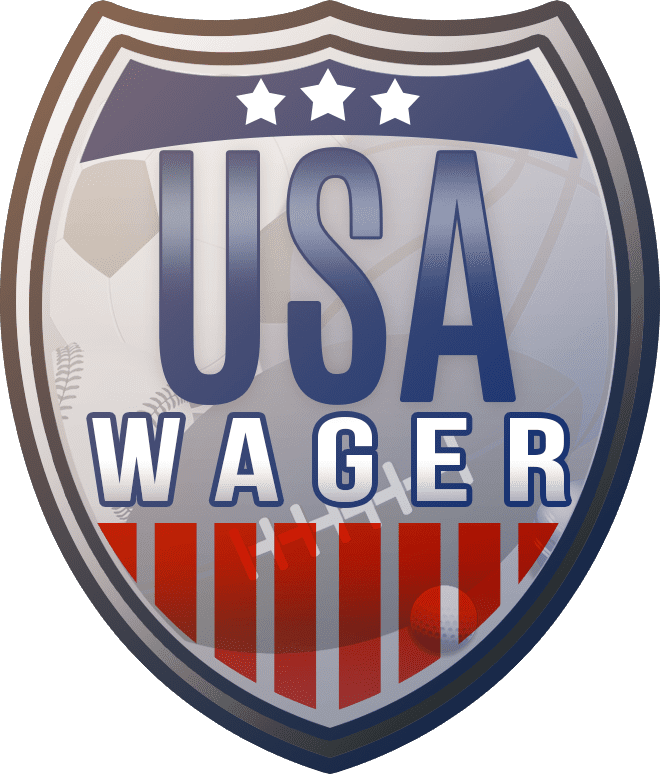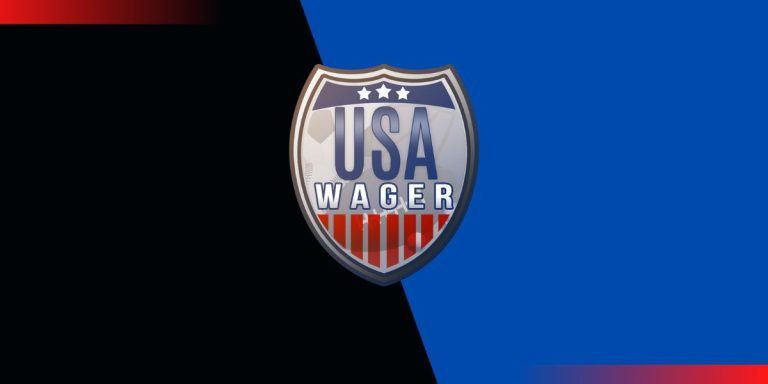NCAA Has Found 175 Sports Wagering Violations Since 2018
Introduction
Gambling has become a prominent topic in the world of sports, spinning across various leagues, with numerous suspensions making headlines. Both professional leagues, like the NFL and MLS, have been connected to major scandals relating to gambling.
College Sports and the Violations
On the college front, the issue of potential connections to sports betting has gained momentum in recent months. Several prominent college programs have faced scrutiny due to their alleged involvement with gambling activities. Despite being legalized in many states, gambling on college athletics remains a violation of NCAA rules.
The investigations into football teams at major Iowa universities gained significant attention during the off-season. Officials from Iowa and Iowa State universities disclosed that over 40 student-athletes were under investigation for possible violations related to sports wagering. The Iowa Racing and Gaming Commission also initiated its investigation on the matter.
The growth of sports wagering throughout the United States has led to spiked attention and scrutiny of college athletics. Lawmakers are struggling with finding a balance between generating tax revenue from sports betting and ensuring the protection of student-athletes.
Instances of Incidents
In recent months, two primary incidents involving sports wagering have occurred at the college level. Former Alabama head coach Brad Bohannon and Bert Neff Jr. were involved in suspicious wagering activity. In April, Neff allegedly attempted to place a $100,000 wager at Great American Ball Park in Ohio on the Alabama baseball game against LSU. Both individuals have since been dismissed from their positions.
The repercussions extended beyond Alabama. According to Sports Illustrated, the betting activity led to the firing of two assistant baseball coaches at the University of Cincinnati, where Neff’s son Andrew was a pitcher. The report states the head coach, Scott Googins, had been aware of Neff’s betting activity.
State Reactions
Different states have taken varying approaches to sports wagering regulations. Some states have implemented restrictions that prohibit betting in state schools, while others allow a wide range of betting options.
This changing landscape has prompted discussions and efforts to establish regulations that protect the integrity of college sports along with student-athletes while capitalizing on the potential revenue stream of legalized sports betting.
NCAA Actions
To ensure the integrity of its competitions, the NCAA has enlisted the services of an integrity monitoring service. This service provides risk assessments, monitors pregame and in-game wagering patterns, and promptly alerts the NCAA of any suspicious activities.
According to NCAA President Charlie Baker’s letter to Representative Dina Titus, the NCAA has found that less than 25% of its approximately 13,000 regular season and postseason competitions have been flagged for suspicious betting patterns. This equates to fewer than 35 games. Additionally, the NCAA stated that only a smaller percentage of these flagged games have specific, actionable information relating to wagering.
The violations range from athletes, coaches, and administrators making small $5 wagers to instances of providing insider information. Currently, the NCAA is investigating 17 of these violations.
The NCAA has been proactive in promoting educational awareness regarding sports betting. Since establishing a partnership with EPIC Risk Management in January 2022, over 10,000 student-athletes and administrators have participated in their programming.
This initiative aims to provide individuals within the NCAA with the knowledge and understanding to stay ahead of the challenges created by sports wagering.
Conclusion
Given the widespread popularity of sports gambling, completely preventing it has proven to be challenging. Consequently, the NCAA appears to be adapting to this reality by implementing measures primarily focused on punishing offenders. The introduction of new betting guidelines aims to provide clarity on the potential penalties for individuals involved in sports betting violations.
However, with the legalization of sports gambling in 38 states, there is also a recognition of leniency in certain cases. This shift reflects the evolving landscape of sports betting regulations and the need for the NCAA to adjust its approach accordingly.
As the ongoing investigations take place in the coming months, it will be crucial to observe their outcomes and consider their potential impact on future seasons. The effects of these cases will most likely shape the NCAA’s strategies and policies related to sports gambling moving forward.


